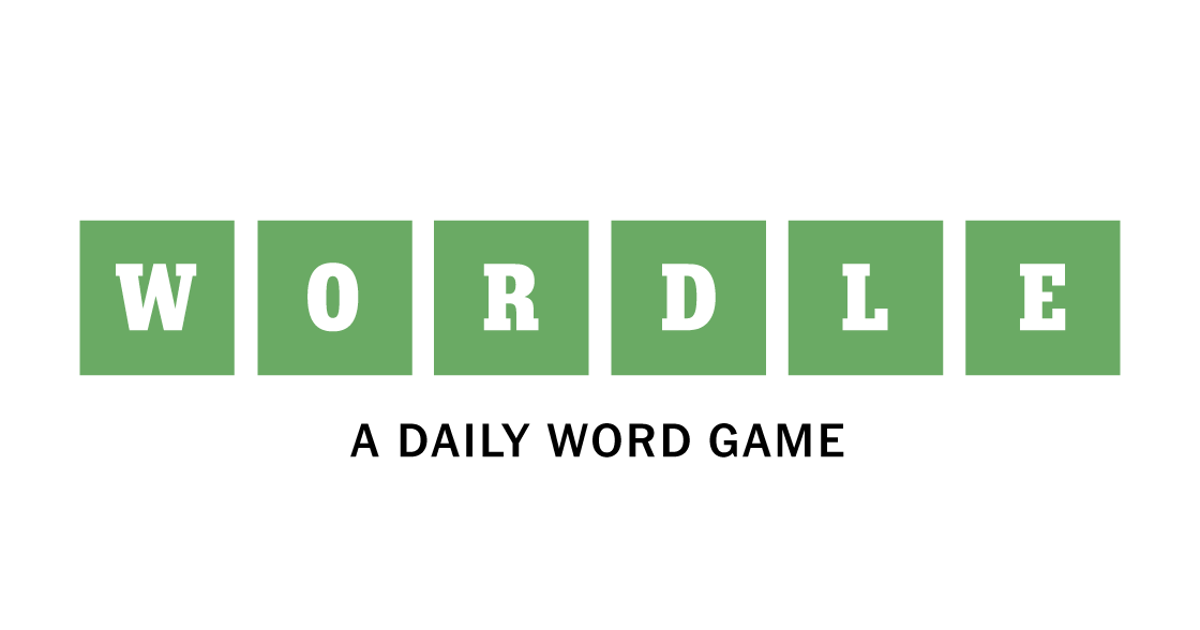

Others have pointed out what may he going wrong (drive locked due to Windows fast startup).
A slightly different tack - dual booting windows and linux on the same drive is a bad idea. One reason is the messy boot set up which can cause issues with windows not booting or linux not booting, or either/both fighting over the boot partition. It can get to the point of using repair disks to repair one or the other or both. It can be managed but make a mistake and its a real headache to fix (I say that as someone who has been their and done that and learned the lesson)
If you want to switch to linux but keep windows “just in case” and have a desktop I’d get a new SSD and use it as a dedicated linux drive. SATA or even better an m.2 card if your motherboard has the slots.
A separate drive is far better as linux can be the drive booted by the BIOS and then Grub can then point back to your untouched windows drive to boot it when you want. If linux updates it won’t affect windows, and if windows updates it won’t affect linux. Also if you have a drive failure you won’t lose 2 OSes and all data in one go.
Personally I have 5 drives in my PC - easy expansion of storage is a big benefit to a nice full size PC. I have one largely unused windows drive, and 4 ext4 drives.













They were talking about CO2 which is what the algae tank is about.
Trees have other benefits around filtering pollutants that affect air quality such as sulphur dioxide and nitrogen dioxide. Also the shading effect reduces ozone accumulation as well as generally helping reduce the urban heat island effect (which in turn reduces the amount of air conditioning needed, even a small amount saves energy and reduces pollution from power stations).
City parks have clean air partly because of tree but also because youre away from roads and buildings so further from car exhausts and chimney stacks. The concentration of pollutants in wide open spaces is lower because the wind can move it around more easily, and there isn’t a pollution source directly near by. Tree and grass do help too.
By far the most effective way of reducing pollution is reducing the sources. Trees are CO2 sinks and would reduce some CO2 if there was massive reforestation globally but that is outweighed by the ongoing CO2 production. The best solution is clean energy sources and getting rid of combustion engines.